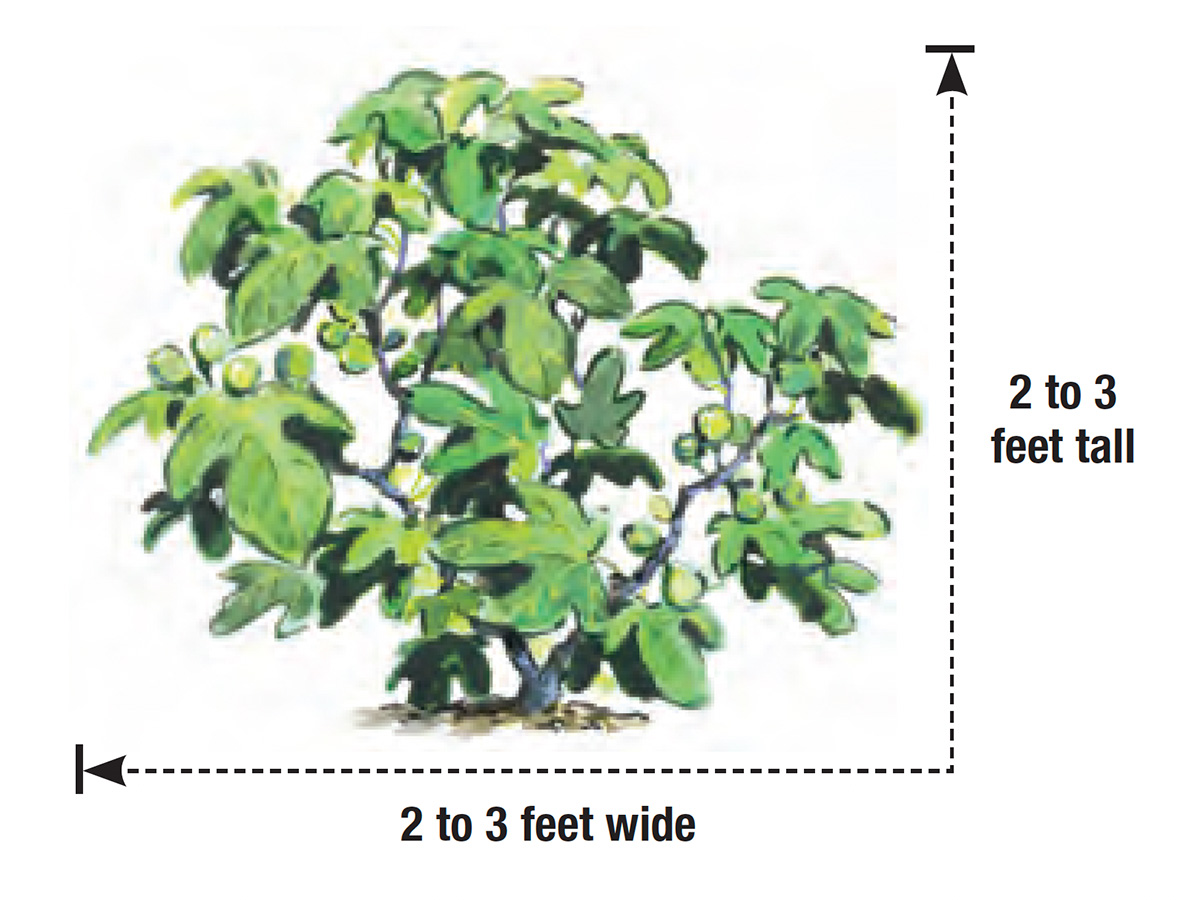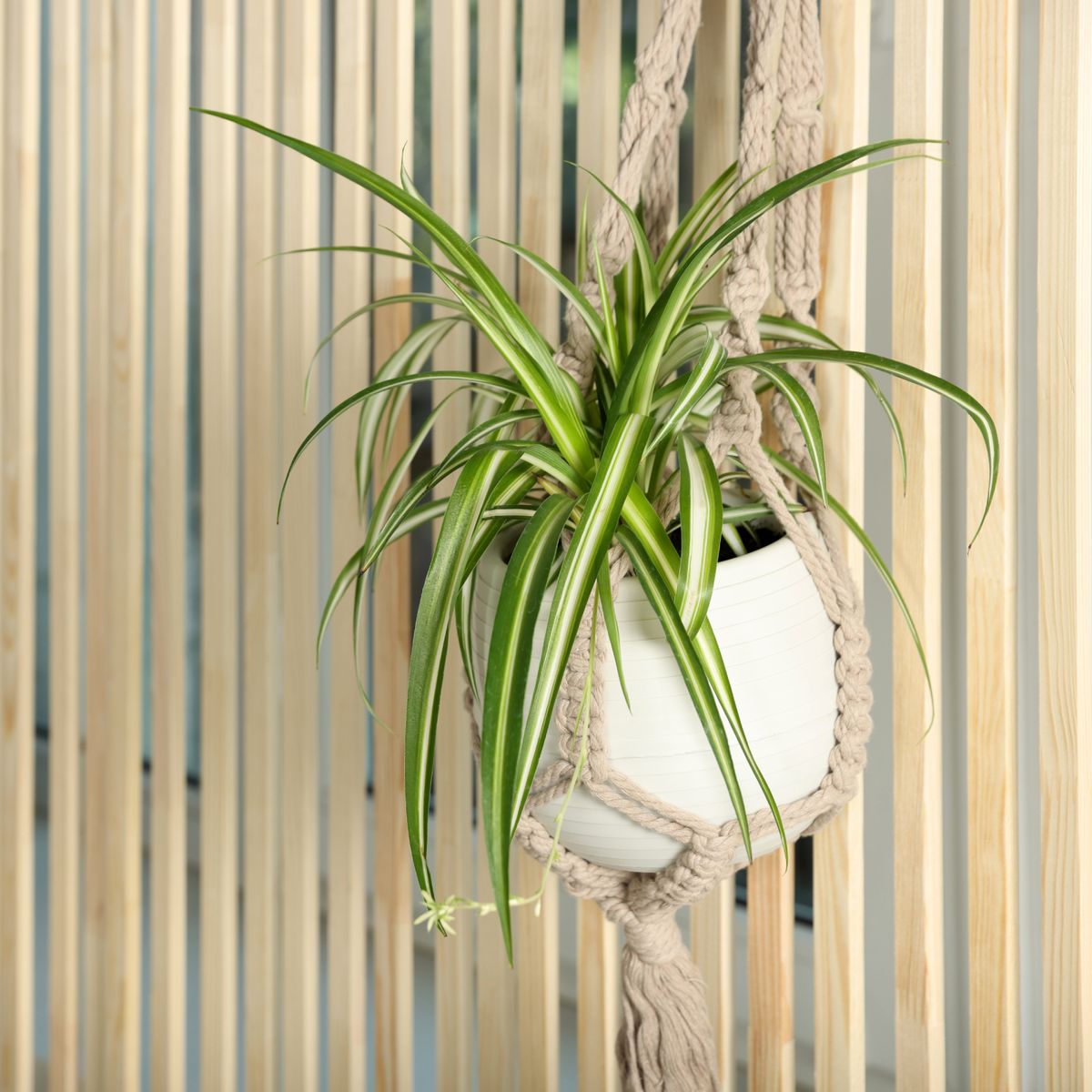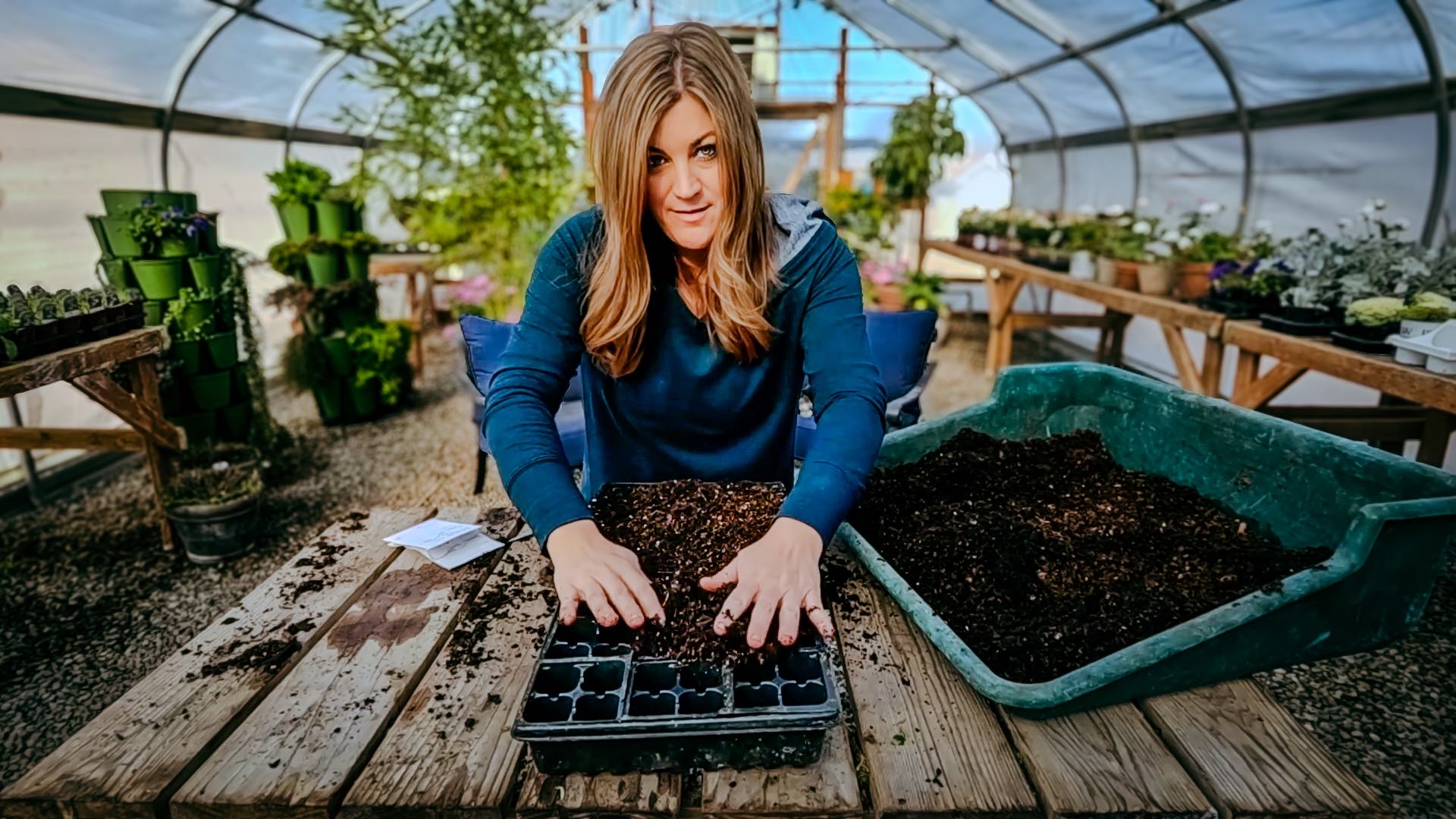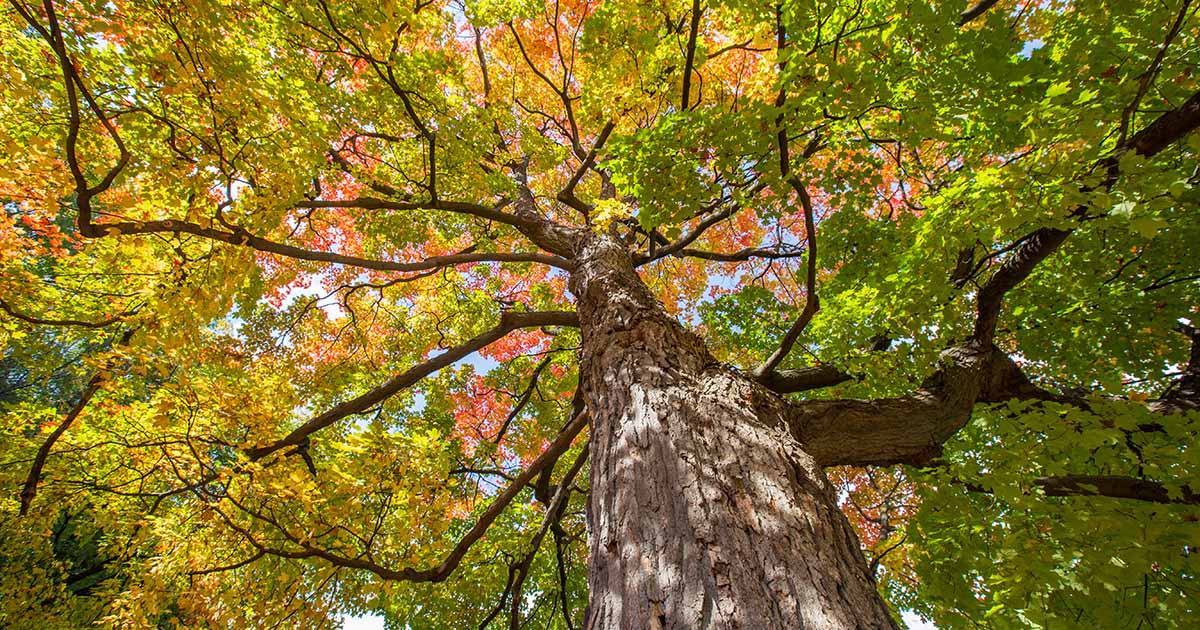[ad_1]
The COVID-19 pandemic has been challenging for people worldwide, but one silver lining about the experience is the resurgence of interest in gardening. After people in lockdown exhausted their reading and television options, an explosion of new and experienced gardeners began enthusiastically growing their own vegetables and herbs. Quite a few then dove into growing their own fruits, even when many options were too big for their patios or small yards. Houseplants also saw a surge in popularity for gardeners of all experience levels. This combination of trends helped to produce and popularize some new and exciting plants—including a dwarf fig called Fignomenal®.
Being of a somewhat shorter stature, I particularly love plants that are diminutive versions of bigger siblings. This fig does not disappoint, and I fell into immediate plant lust after confirming that it does everything its bigger relatives do. I always knew the best things came in small packages. This reliable compact fig grows no larger than 3 feet tall and wide, making it ideally suited for life in a container within an urban garden, on a patio, or even in a sunroom.
Fignomenal® produces interesting broad, palmate, and lobed leaves. In spring it develops not-so-ornamental greenish flowers and small hollow receptacles near the branch tips. In late summer or fall, you are in for a great surprise when fruit grows from each receptacle. It does this on new wood and parthenocarpically— which means you don’t need two to tango, as the fruit develops without cross-pollination. However, having two increases fruit production.
The fruit ripens to a deep brown outer skin and a rich pink center. I think the taste is simply delectable, juicy, and luscious. I like to eat my figs straight from the tree, but they are also great when used in jam or jelly, sliced for salads, or in a combo with cheese. They’re a nutritious and delicious bounty no matter how you serve them.
For the best performance, give Fignomenal® four to eight hours of full sun per day. If planting it directly in the ground, make sure it is in well-drained, good garden loam. Make your planting hole twice as wide and as deep as the root ball. For containers, select a pot that is twice the width of your plant. Make sure it has adequate drainage holes and a good organic mix, and place it inside or outside in a sunny location. It prefers average moisture but appreciates more water during periods of hotter weather when in containers or in the ground outside. Keep it out of extreme cold, and bring it inside before the temperature drops to 35°F.
Other than that, this fig requires very little maintenance. Pruning should be done after harvesting the fruit. To keep your tree small and well-shaped, prune to your desired size for up to three years when it is fully established. After that, no more pruning is needed unless there is a dead or diseased branch.
The low mounding habit of Fignomenal® is perfect for growing inside, where it will give you a tropical feeling in your home year-round. Depending on your hardiness zone, it can be enjoyed equally as a seasonal patio or porch plant, or in your garden. Kick back and enjoy its Mediterranean vibes as you savor the delicious fruit. It is truly “fignomenal.”

Fignomenal® fig
Name: Ficus carica* ‘PT-DF-14’
Zones: 7–9
Conditions: Full sun to partial shade; well-drained soil
Native range: Eastern Mediterranean region, Western Asia
*Invasive alert: Edible fig (Ficus carica)
This plant is considered invasive in CA.
Please visit invasiveplantatlas.org for more information.
Stephanie Cohen is the author of several gardening books and has spent her entire career trialing, speaking about, and teaching all things plants. Although officially retired, she will never retire from gardening.
Illustration: Elara Tanguy
Sources:
[ad_2]
Source link








 + Planting String of Watermelon Succulents
+ Planting String of Watermelon Succulents  with Garden Answer
with Garden Answer


